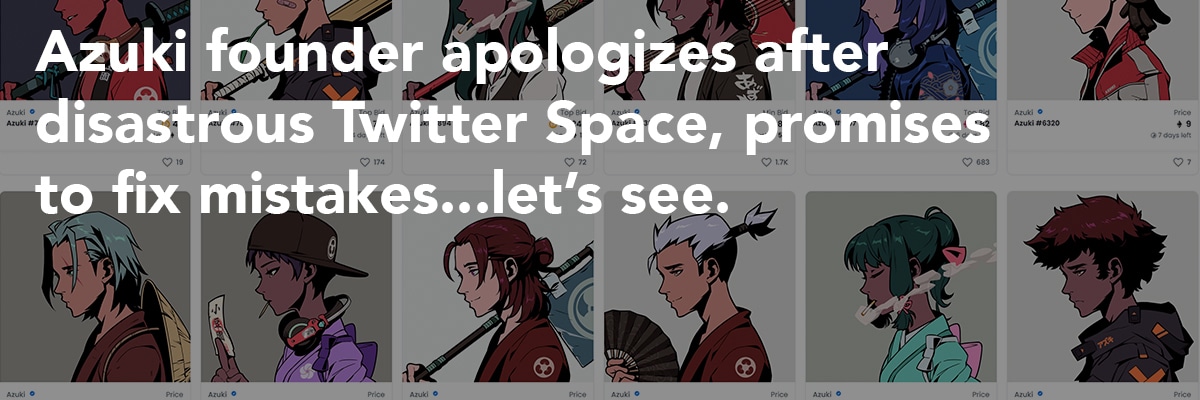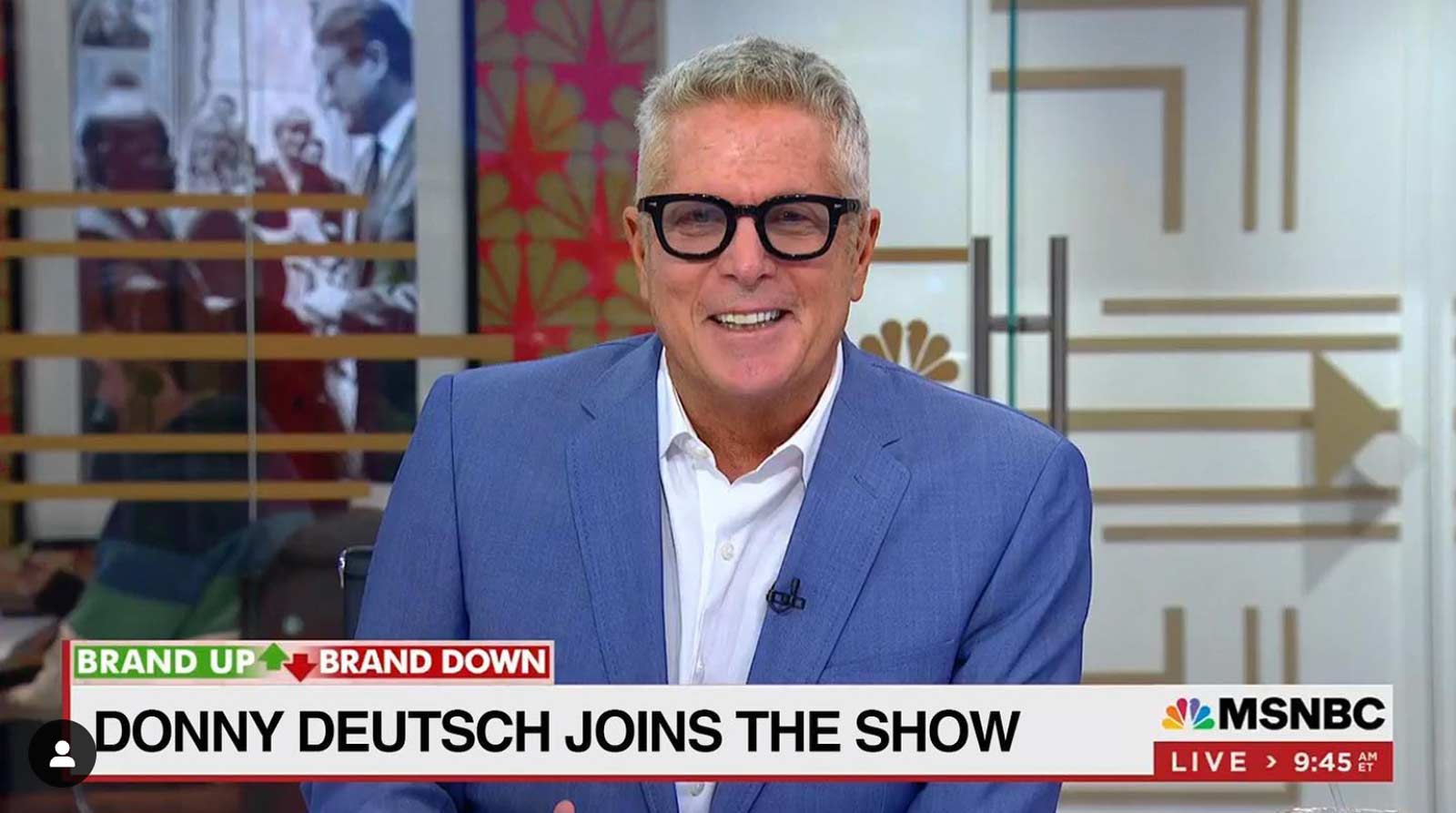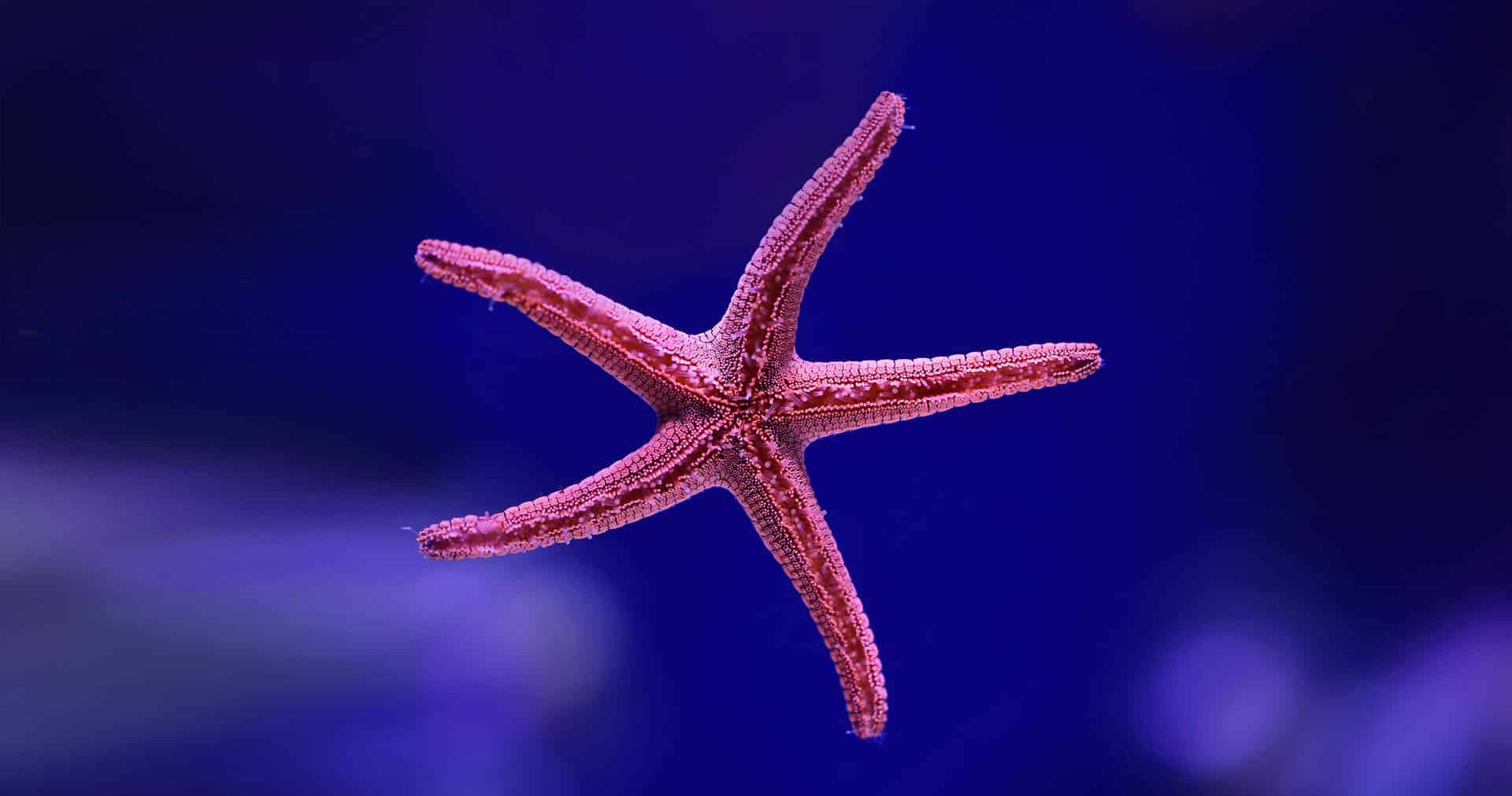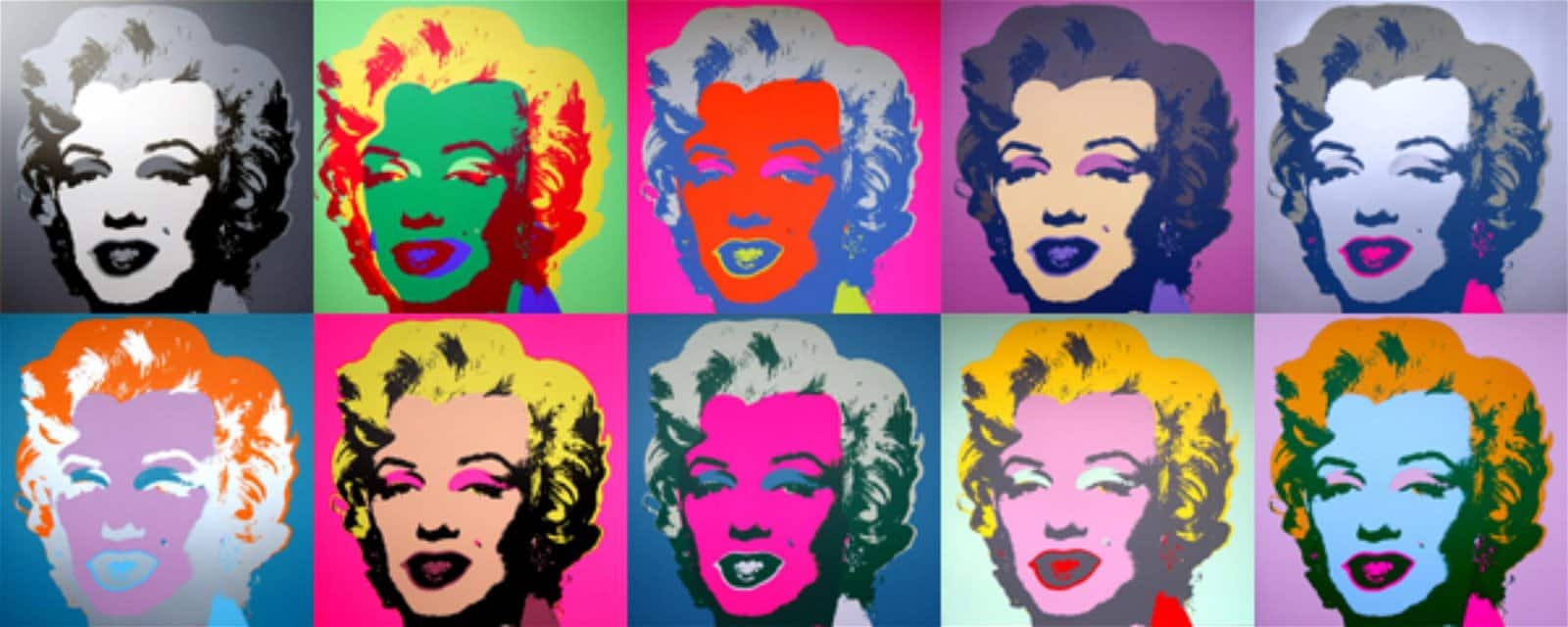Zagabond, a Twitter account behind the Azuki NFT project, took to Twitter to apologize after an infamous Twitter Space session and unexpected revelations the day before.
On May 10, The Azuki founder revealed they were behind three alleged scam NFT projects –– CryptoPhunks, Tendies and CryptoZunks. Following the statement, Zagabond took part in a Twitter Space session with an influencer Andrew Wang.
But the conversation went not the way the community members expected it.
“The Azuki spaces went about as horribly as you could [imagine],” tweeted one of the listeners, quit.pcc.eth. “Zagabond dodged questions, made zero promises for the future, basically said “I don’t owe you anything” to the victims of his previous rugs…[sic].”
According to a thread shared by a Twitter user Ben Green, the founder even tried to shift blame to the users.
“As a creator there is a disconnect between expectations for creators and consumers in this space…from a creator perspective if you create a project and deliver on everything you promised there’s an expectation that the team will work on the project in perpetuity…so am I indebted to these communities forever?[sic]”
After the Space, however, Zagabond “realized [their] shortcomings and decided to apologize.

They promised to “hand over the full control of contracts to the communities of the previous projects” and provide a process for “equitable retribution of funds.”
As for Azuki, the founder promised to focus on transparency and communication and announced setting up calls with the members of the community as a first step.






